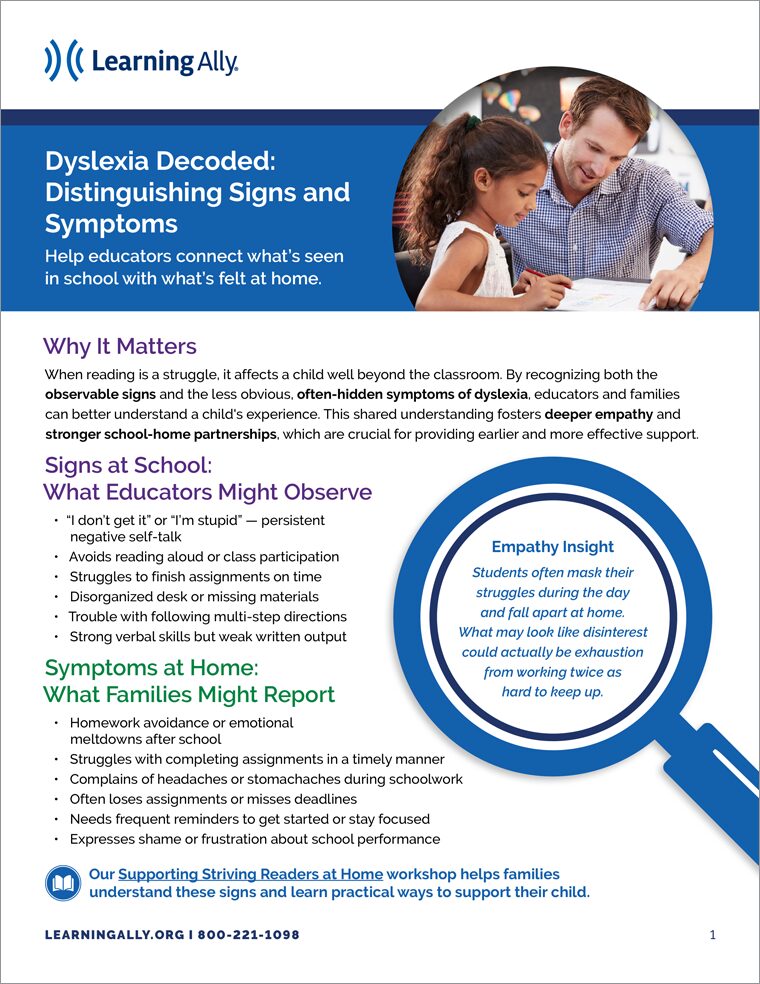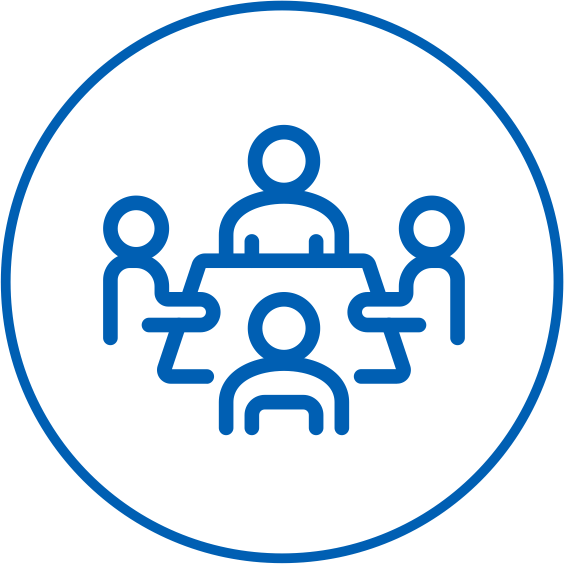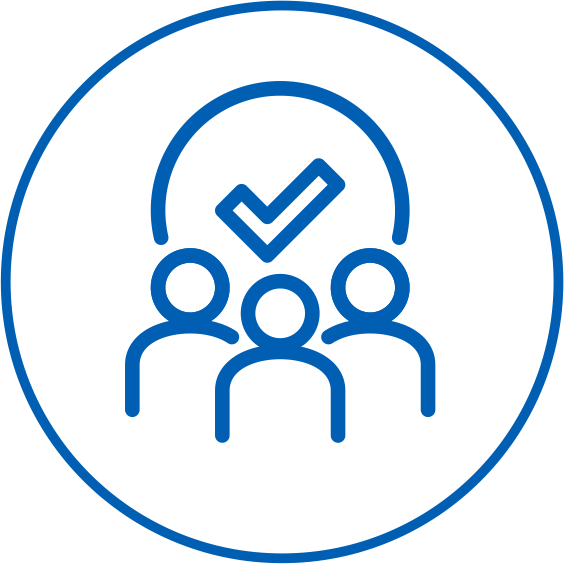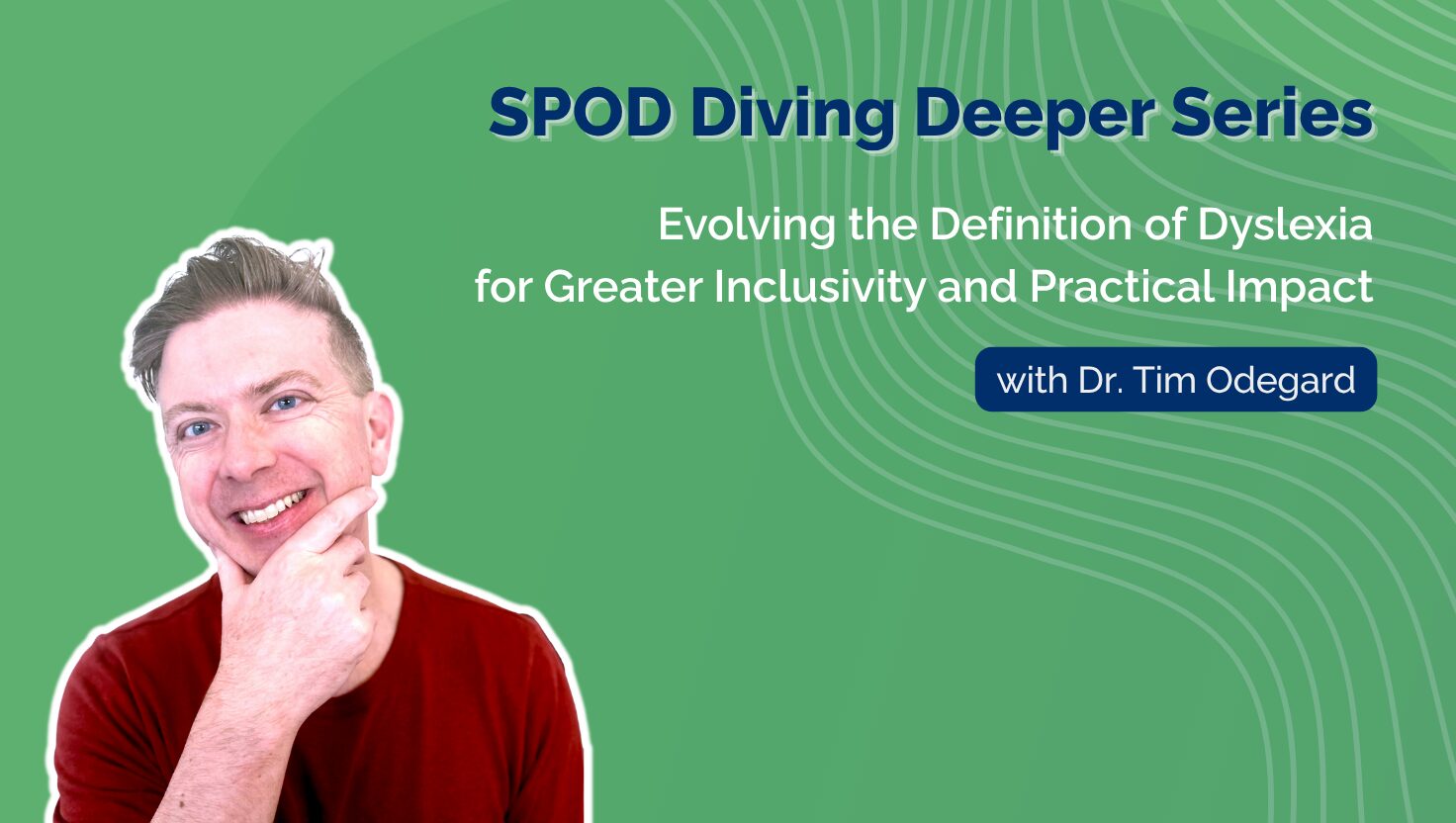Spotlight on Dyslexia: Free Webinar for Deeper Learning
🎥 Don’t miss our FREE upcoming webinar: “Evolving the Definition of Dyslexia”
Join Dr. Tim Odegard on November 5th at 4:00 PM ET to explore the newest insights from the International Dyslexia Association and how they impact your school or district.




